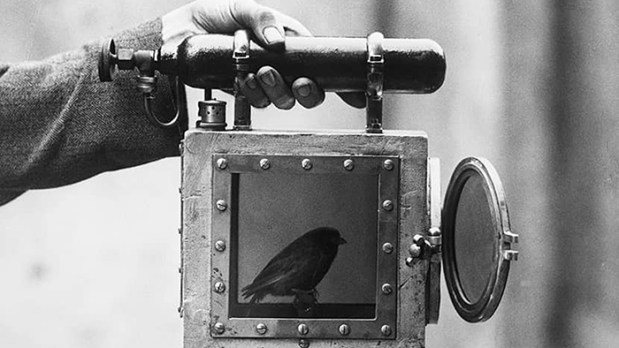Like many debut novels, The Nix, by the American author Nathan Hill, is about somebody writing their first book. Samuel Andresen-Anderson, an erstwhile literary wünderkind, working as an English professor at an undistinguished college outside Chicago, was paid a huge advance a decade ago, on the strength of a single short story. It is now 2011, the promised book has failed to materialise, and Samuel’s publishers have, reasonably enough, decided to sue him.
His editor, Guy Periwinkle, is an author’s nightmare of a publishing bigshot, for whom ‘a book is simply one shape that interest can take when we scale and leverage it’. You suspect Periwinkle would be happy with the interest that The Nix has generated. Published in the US last autumn, it earned Hill high praise, as well as comparisons to such American comic greats as Thomas Pynchon and David Foster Wallace.
Samuel learns that his estranged mother, Faye, is the ‘Packer Attacker’, whose alleged assault on a populist Republican presidential candidate, Sheldon Packer, propels her to instant notoriety. Timing is the essence of comedy, and the publication of The Nix is beautifully timed, coinciding with the triumph of a real-life Republican populist (albeit one more luridly fascinating than anything Hill could have imagined).
In return for not being sued, Samuel proposes to write a tell-all memoir about the mother who abandoned him when he was 11. This involves excavating Faye’s youth, and her involvement in the 1968 Chicago riots, prompting Samuel to recall his own upbringing, especially his childhood love, Bethany.
The Nix is over 600 pages long. There are various narrative digressions (into the minds of, variously, one of Samuel’s students; a fellow online gamer; and even the former vice president Hubert Humphrey,) and easy digs at subjects from safe spaces to social media to fad diets. But comparing the book to the mad, sprawling epics of the recent past misrepresents it.
A ‘nix’ is a water-spirit from Scandinavian folklore, appearing to children as a beautiful white horse before luring them to their deaths. The moral, Faye tells a young Samuel with heavy dramatic irony, is that ‘the things you love the most will one day hurt you the worst’. Hill’s book is a tender, neatly plotted account of both mother and son coming to terms with their respective nixes, in an absurd, unjust America.
‘It’s a little coming-of-agey,’ complains Periwinkle of Samuel’s memoir. So is The Nix, and very entertaining with it.
Got something to add? Join the discussion and comment below.
Get 10 issues for just $10
Subscribe to The Spectator Australia today for the next 10 magazine issues, plus full online access, for just $10.














Comments
Don't miss out
Join the conversation with other Spectator Australia readers. Subscribe to leave a comment.
SUBSCRIBEAlready a subscriber? Log in